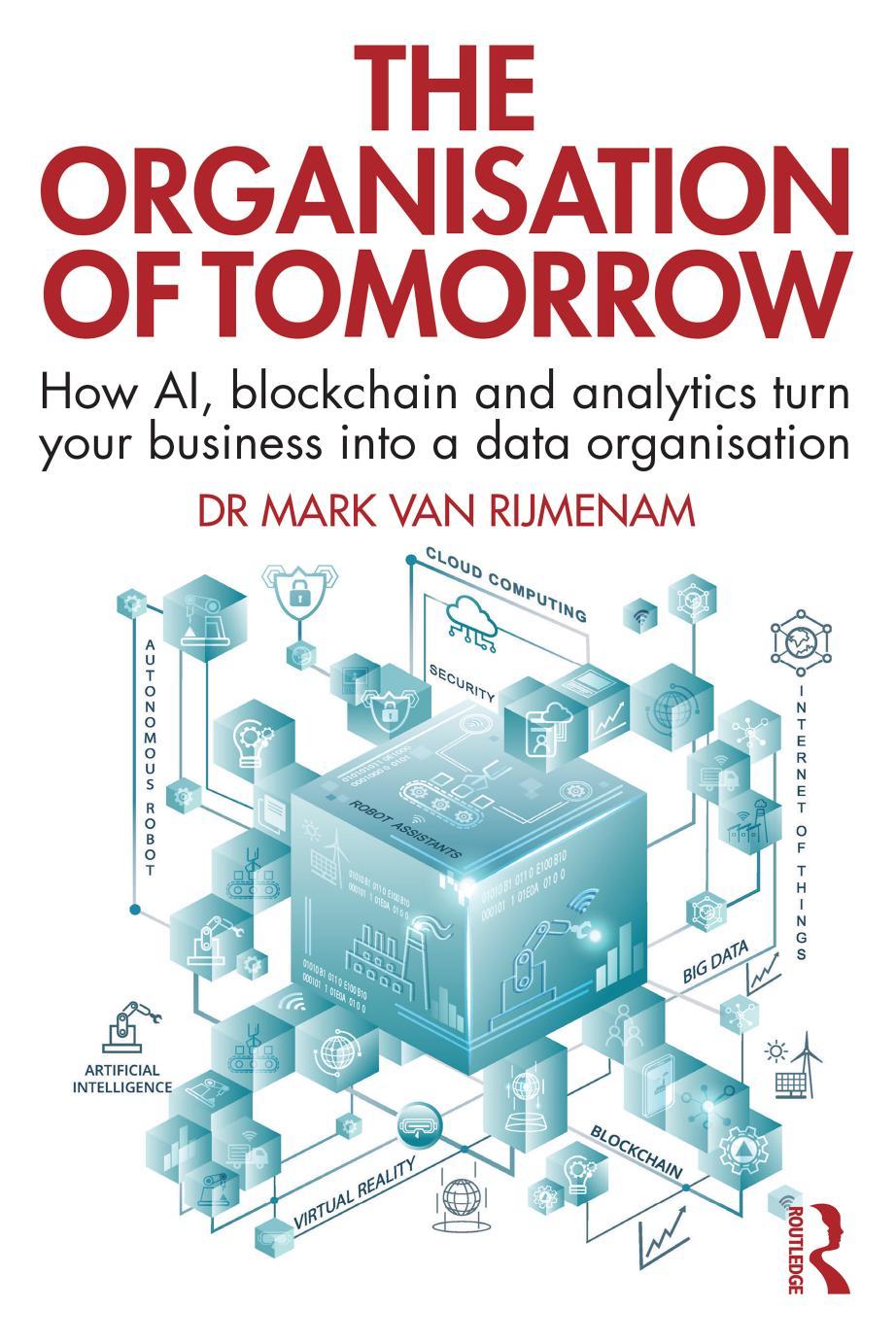
More products digital (pdf, epub, mobi) instant download maybe you interests ...
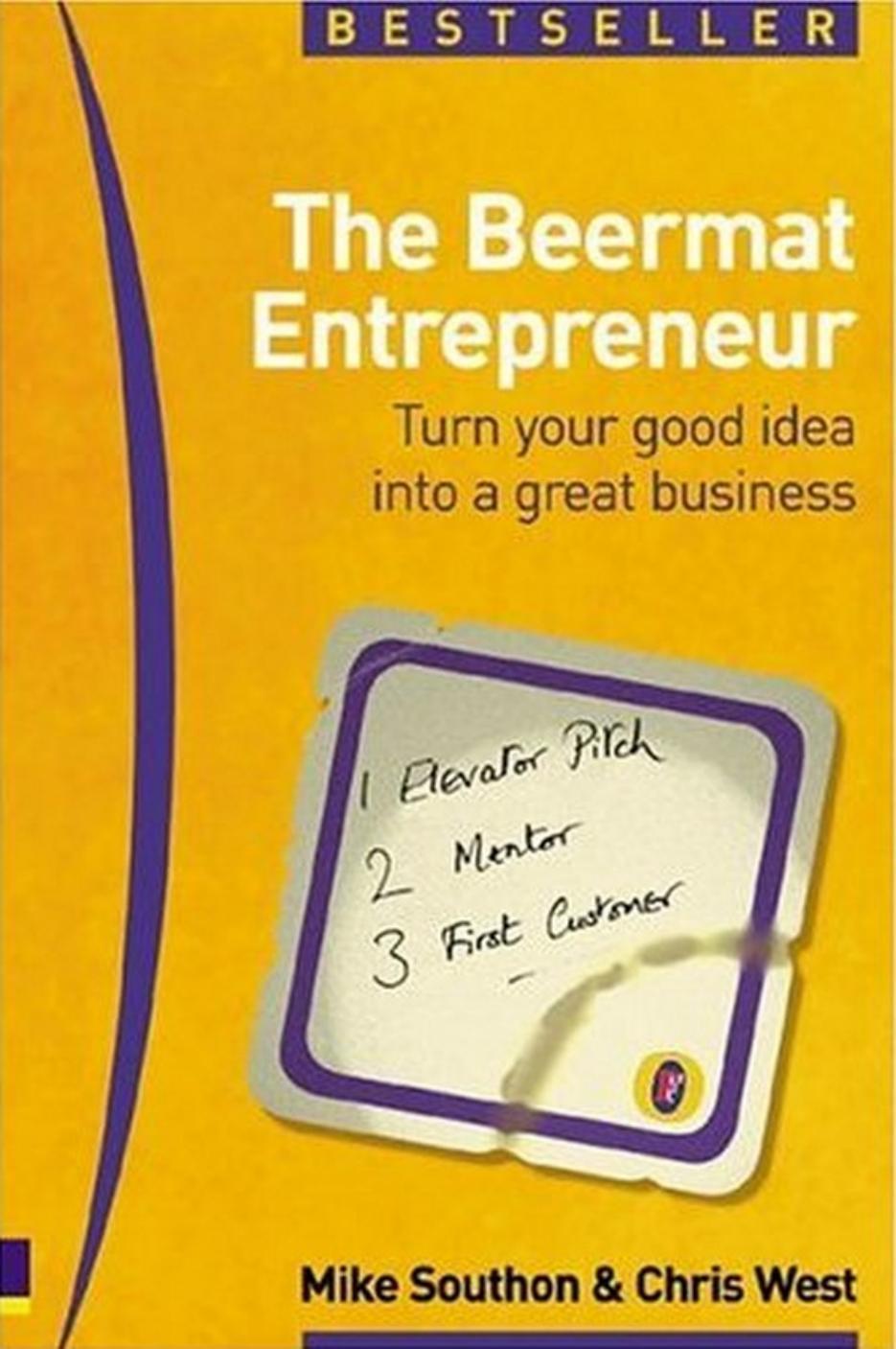
Beermat Entrepreneur Turn Your Good Idea into a Great Business The
https://ebookgrade.com/product/beermat-entrepreneur-turn-yourgood-idea-into-a-great-business-the/
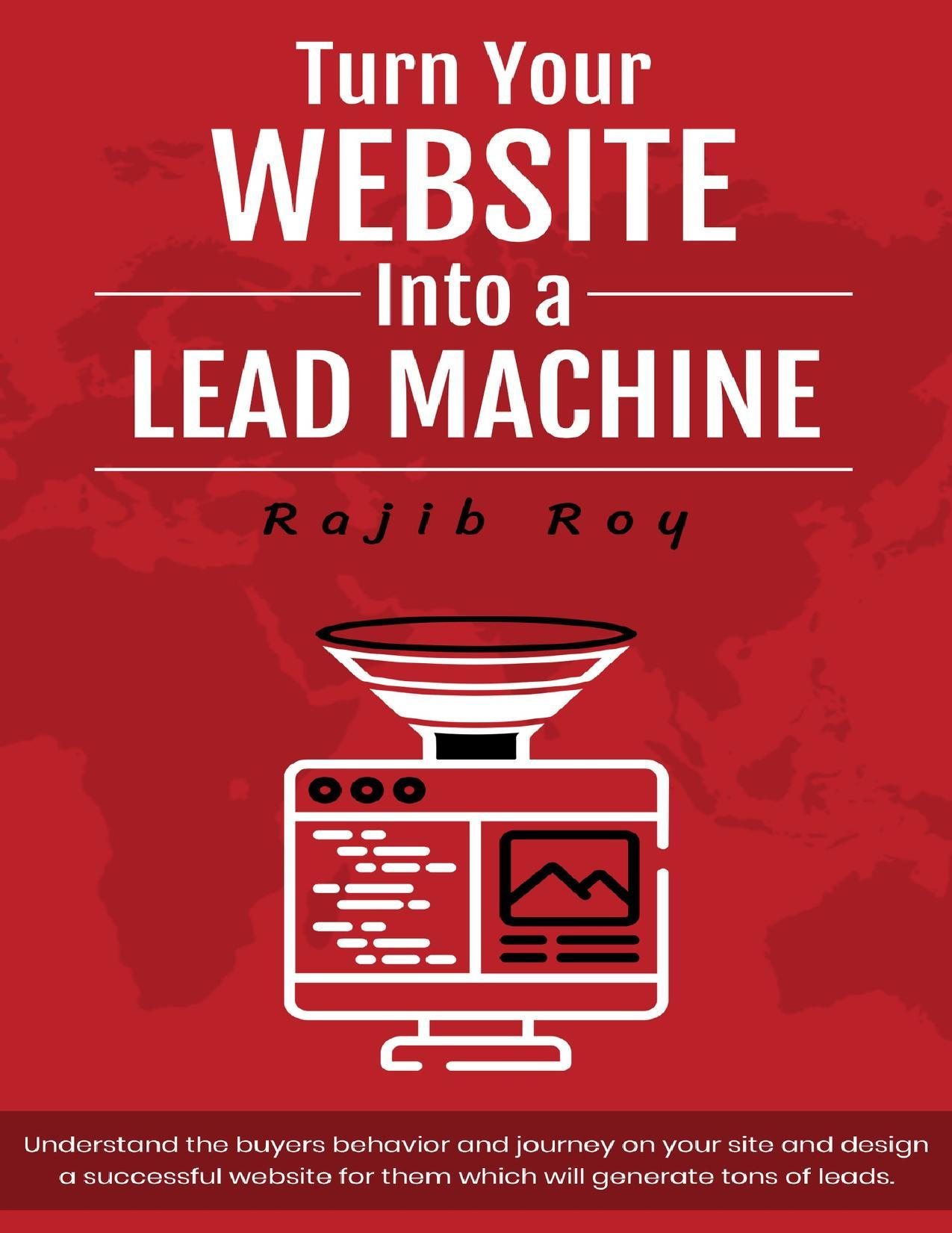
Turn Your Website Into a Lead Machine
https://ebookgrade.com/product/turn-your-website-into-a-leadmachine/

Turn Your Website Into a Lead Machine
https://ebookgrade.com/product/turn-your-website-into-a-leadmachine-2/
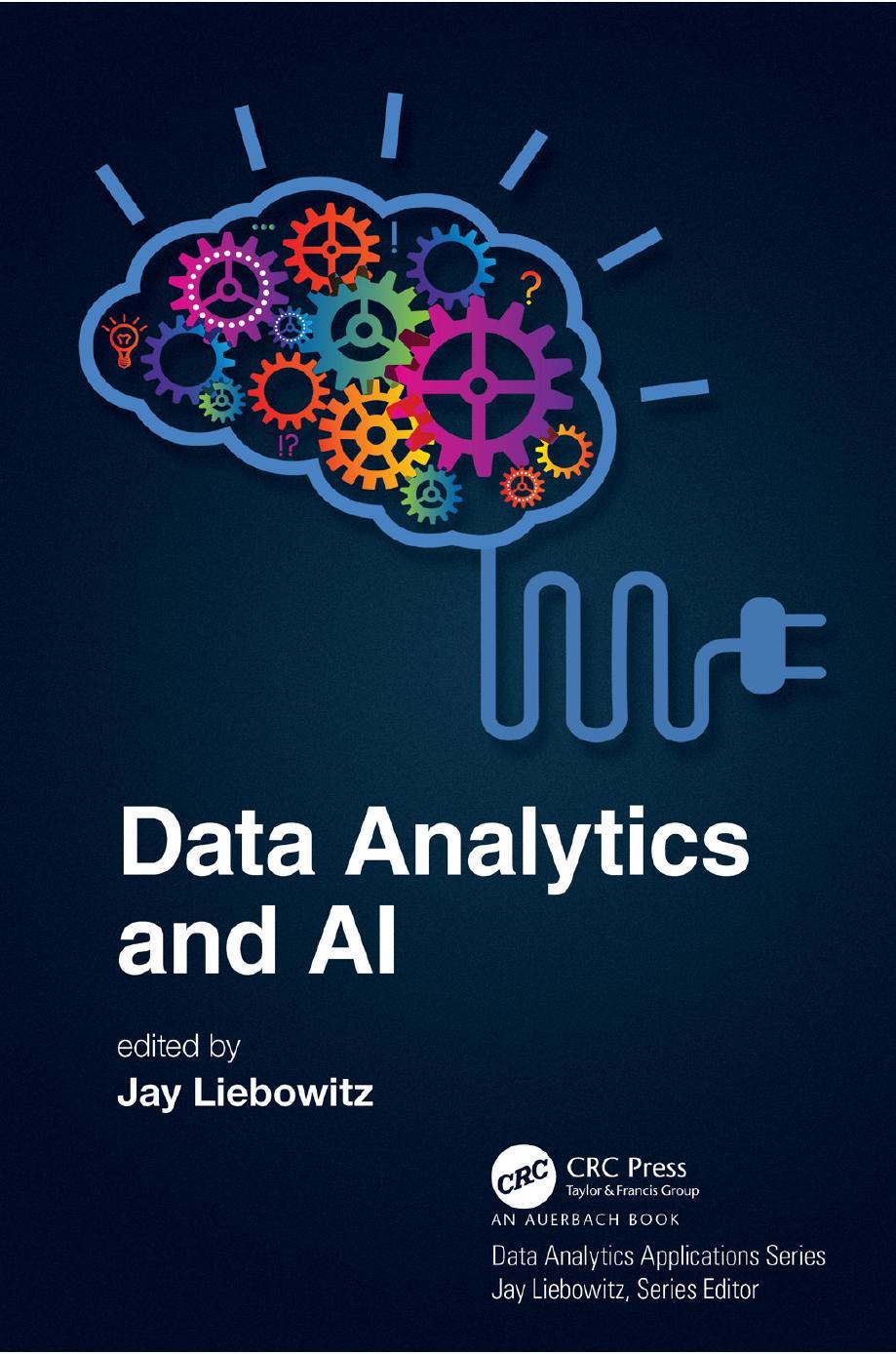
Data Analytics and AI
https://ebookgrade.com/product/data-analytics-and-ai/
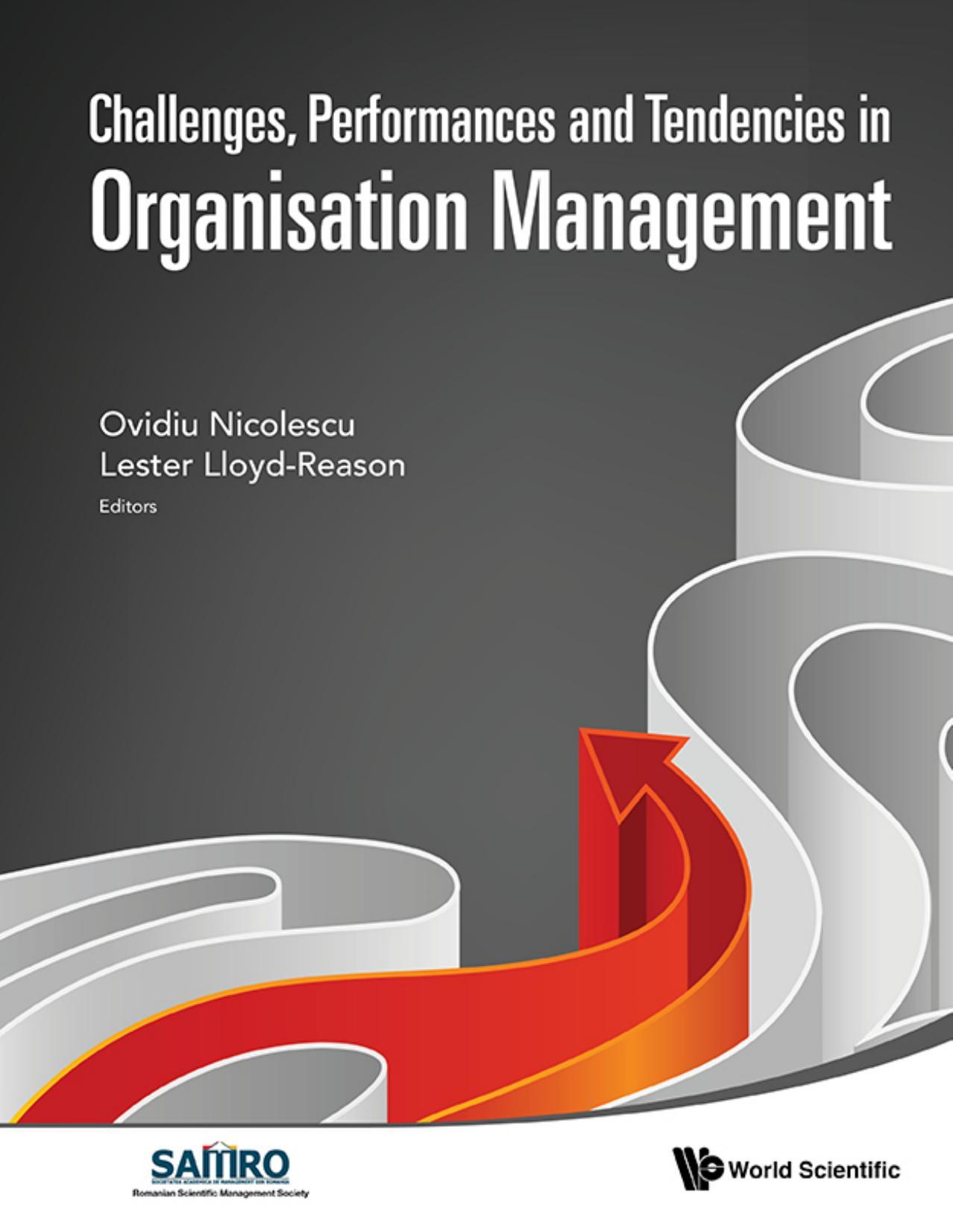
Challenges Performances and Tendencies in Organisation Management
https://ebookgrade.com/product/challenges-performances-andtendencies-in-organisation-management/

Challenges Performances and Tendencies in Organisation Management
https://ebookgrade.com/product/challenges-performances-andtendencies-in-organisation-management-2/
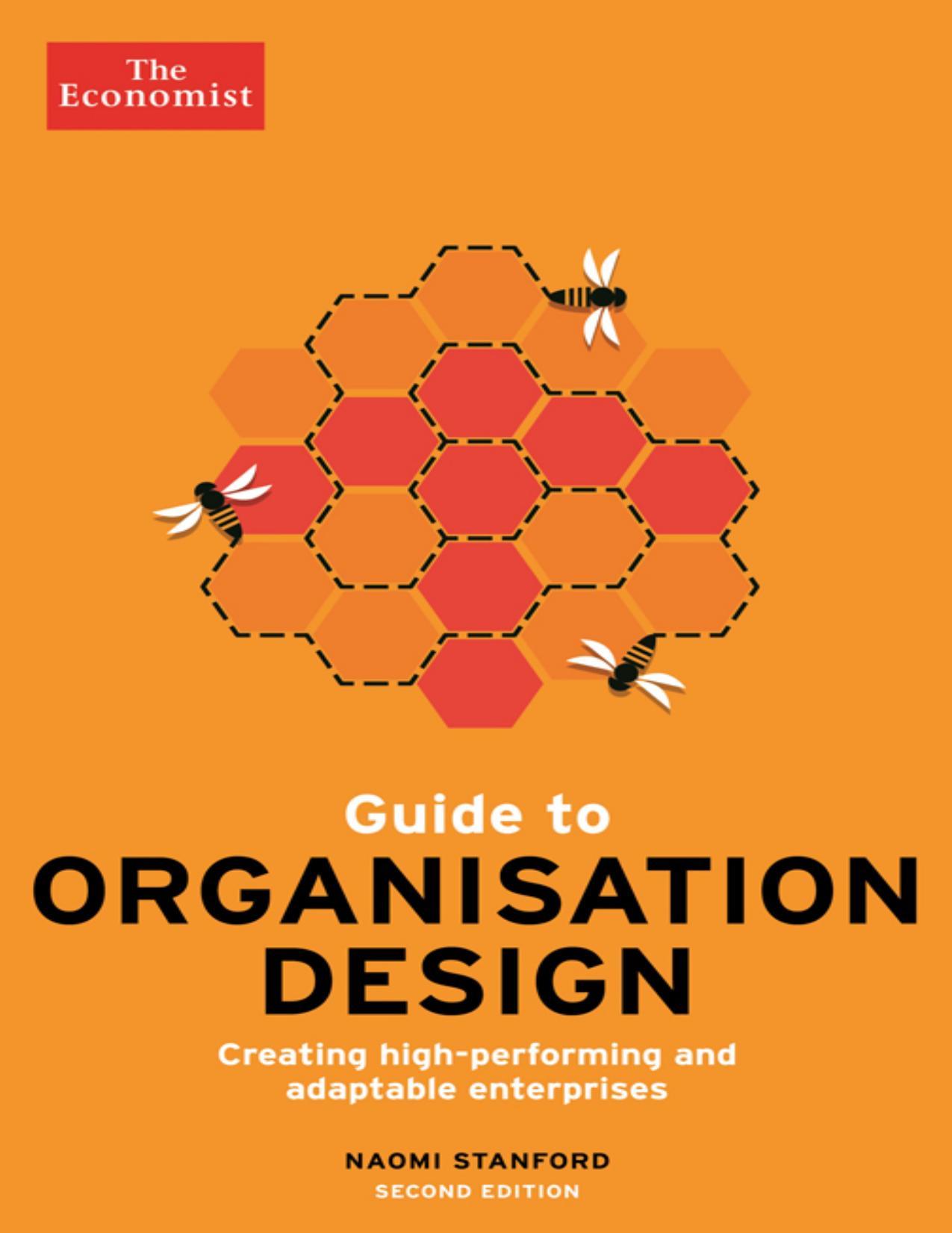
Guide to Organisation Design Naomi Stanford
https://ebookgrade.com/product/guide-to-organisation-designnaomi-stanford/
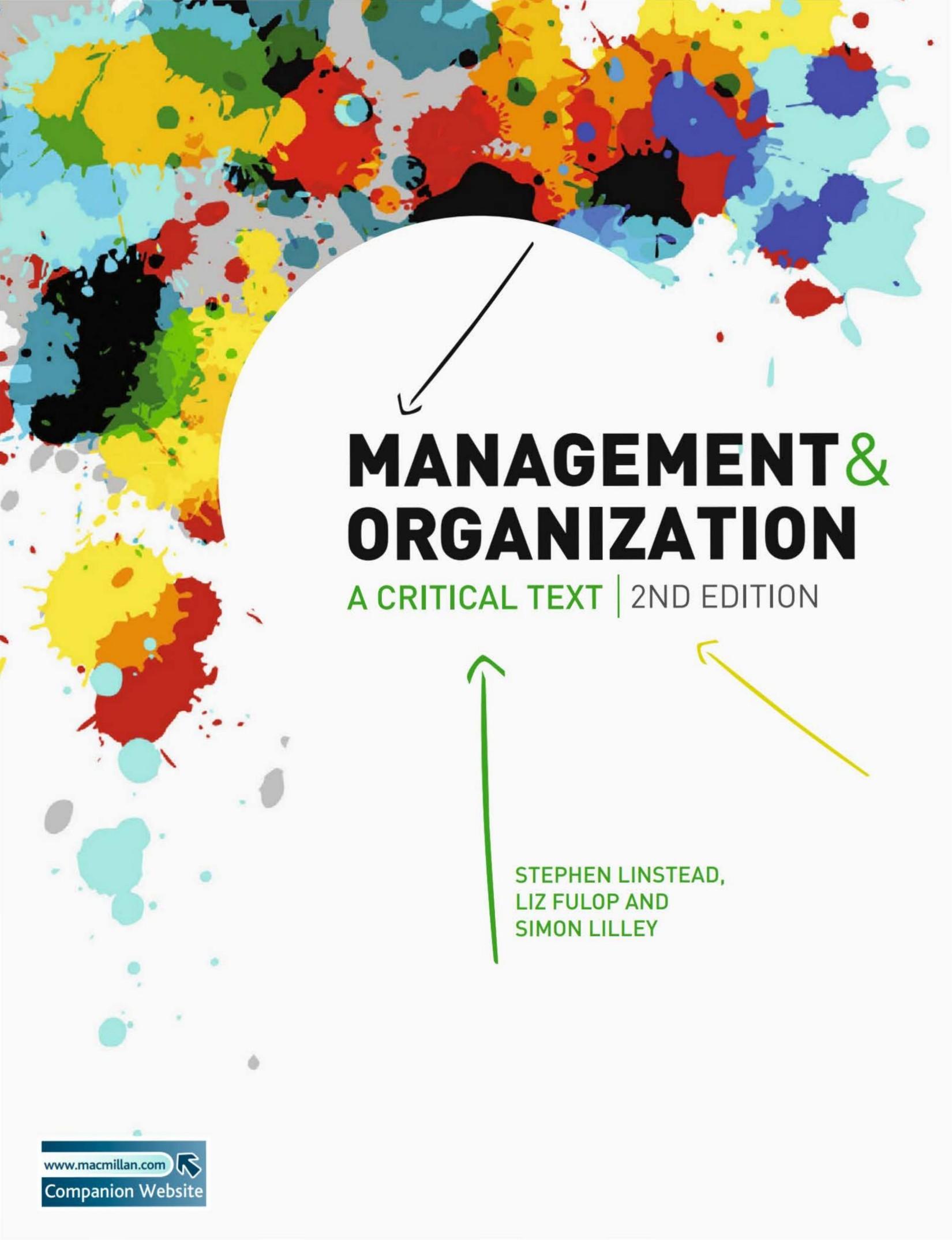
Management and Organisation A Critical Text. London Palgrave Wei Zhi
https://ebookgrade.com/product/management-and-organisation-acritical-text-london-palgrave-wei-zhi/
Another random document with no related content on Scribd:
A Kairouan, que je ne connaissais pas encore, et où j’allai sans Marceline, la nuit était très belle. Au moment de rentrer dormir à l’hôtel, je me souvins d’un groupe d’Arabes couchés en plein air sur les nattes d’un petit café. Je m’en fus dormir tout contre eux. Je revins couvert de vermine.
La chaleur moite de la côte affaiblissant beaucoup Marceline, je lui persuadai que ce qu’il nous fallait, c’était gagner Biskra au plus vite. Nous étions au début d’avril.
Ce voyage est très long. Le premier jour, nous gagnons d’une traite Constantine ; le second jour, Marceline est très lasse et nous n’allons que jusqu’à El Kantara. Là nous avons cherché et nous avons trouvé vers le soir une ombre plus délicieuse et plus fraîche que la clarté de la lune, la nuit. Elle était comme un breuvage intarissable ; elle ruisselait jusqu’à nous. Et du talus où nous étions assis, on voyait la plaine embrasée. Cette nuit, Marceline ne peut dormir ; l’étrangeté du silence et des moindres bruits l’inquiète. Je crains qu’elle n’ait un peu de fièvre. Je l’entends se remuer sur son lit. Le lendemain, je la trouve plus pâle. Nous repartons.
Biskra. C’est donc là que je veux en venir. Oui ; voici le jardin public ; le banc… je reconnais le banc où je m’assis aux premiers jours de ma convalescence. Qu’y lisais-je donc ?… Homère ; depuis je ne l’ai pas rouvert. — Voici l’arbre dont j’allai palper l’écorce. Que j’étais faible, alors !… Tiens ! voici des enfants… Non, je n’en reconnais aucun. Que Marceline est grave ! Elle est aussi changée que moi. Pourquoi tousse-t-elle, par ce beau temps ? — Voici l’hôtel. Voici nos chambres ; nos terrasses. — Que pense Marceline ? Elle ne m’a pas dit un mot. — Sitôt arrivée dans sa chambre, elle s’étend sur le lit ; elle est lasse et dit vouloir dormir un peu. Je sors.
Je ne reconnais pas les enfants, mais les enfants me reconnaissent. Prévenus de mon arrivée, tous accourent. Est-il possible que ce soient eux ? Quelle déconvenue ! Que s’est-il donc passé ? Ils ont affreusement grandi… En à peine un peu plus de deux ans — cela n’est pas possible… quelles fatigues, quels vices,
quelles paresses, ont déjà mis tant de laideur sur ces visages, où tant de jeunesse éclatait ? Quels travaux vils ont déjeté si tôt ces beaux corps ? Il y a là comme une banqueroute… Je questionne. Bachir est garçon plongeur d’un café ; Ashour gagne à grand’peine quelques sous à casser les cailloux des routes ; Hammatar a perdu un œil. Qui l’eût cru : Sadeck s’est rangé ; il aide un frère aîné à vendre des pains au marché ; il semble devenu stupide. Agib s’est établi boucher près de son père ; il engraisse ; il est laid ; il est riche ; il ne veut plus parler à ses compagnons déclassés… Que les carrières honorables abêtissent ! Vais-je donc retrouver chez eux ce que je haïssais parmi nous ? — Boubaker ? — Il s’est marié. Il n’a pas quinze ans. C’est grotesque. — Non, pourtant ; je l’ai revu le soir. Il s’explique : son mariage n’est qu’une frime. C’est, je crois, un sacré débauché ! Mais il boit ; se déforme… Et voilà donc tout ce qui reste ? Voilà donc ce qu’en fait la vie ! — Je sens à mon intolérable tristesse que c’était beaucoup eux que je venais revoir. — Ménalque avait raison : le souvenir est une invention de malheur.
Et Moktir ? — Ah ! celui-là sort de prison. Il se cache. Les autres ne fraient plus avec lui. Je voudrais le revoir. Il était le plus beau d’eux tous ; va-t-il me décevoir aussi ?… On le retrouve. On me l’amène. — Non ! celui-là n’a pas failli. Même mon souvenir ne me le représentait pas si superbe. Sa force et sa beauté sont parfaites. En me reconnaissant, il sourit.
— Et que faisais-tu donc avant d’être en prison ?
— Rien.
— Tu volais ?
Il proteste.
— Que fais-tu maintenant ?
Il sourit.
— Eh ! Moktir ! si tu n’as rien à faire, tu nous accompagneras à Touggourt. — Et je suis pris soudain du désir d’aller à Touggourt.
Marceline ne va pas bien ; je ne sais pas ce qui se passe en elle. Quand je rentre à l’hôtel ce soir-là, elle se presse contre moi sans
rien dire, les yeux fermés. Sa manche large, qui se relève, laisse voir son bras amaigri. Je la caresse, et la berce longtemps, comme un enfant que l’on veut endormir. Est-ce l’amour, ou l’angoisse, ou la fièvre qui la fait trembler ainsi ?… Ah ! peut-être il serait temps encore… Est-ce que je ne m’arrêterai pas ? — J’ai cherché, j’ai trouvé ce qui fait ma valeur : une espèce d’entêtement dans le pire. — Mais comment arrivé-je à dire à Marceline que demain nous partons pour Touggourt ?…
A présent, elle dort dans la chambre voisine. La lune, depuis longtemps levée, inonde à présent la terrasse. C’est une clarté presque effrayante. On ne peut pas s’en cacher. Ma chambre a des dalles blanches, et là surtout elle paraît. Son flot entre par la fenêtre grande ouverte. Je reconnais sa clarté dans la chambre et l’ombre qu’y dessine la porte. Il y a deux ans elle entrait plus avant encore… oui, là précisément où elle avance maintenant — quand je me suis levé renonçant à dormir. J’appuyais mon épaule contre le montant de cette porte-là. Je reconnais l’immobilité des palmiers… Quelle parole avais-je donc lue ce soir-là ?… Ah ! oui ; les mots du Christ à Pierre : « Maintenant tu te ceins toi-même, et tu vas où tu veux aller… » Où vais-je ? Où veux-je aller ?… Je ne vous ai pas dit que, de Naples, cette dernière fois, j’avais gagné Pœstum, un jour, seul… Ah ! j’aurais sangloté devant ces pierres ! L’ancienne beauté paraissait, simple, parfaite, souriante — abandonnée. L’art s’en va de moi, je le sens. C’est pour faire place à quoi d’autre ? Ce n’est plus, comme avant, une souriante harmonie… Je ne sais plus, à présent, le dieu ténébreux que je sers. O Dieu neuf ! donnez-moi de connaître encore des races nouvelles, des types imprévus de beauté.
Le lendemain, dès l’aube, la diligence nous emmène. Moktir est avec nous. Moktir est heureux comme un roi.
Chegga ; Kefeldorh’; M’reyer… mornes étapes sur la route plus morne encore, interminable. J’aurais cru pourtant, je l’avoue, plus riantes ces oasis. Mais plus rien que la pierre et le sable ; puis quelques buissons nains, bizarrement fleuris ; parfois quelque essai
de palmiers qu’alimente une source cachée… A l’oasis je préfère à présent le désert — ce pays de mortelle gloire et d’intolérable splendeur. L’effort de l’homme y paraît laid et misérable. Maintenant toute autre terre m’ennuie.
— Vous aimez l’inhumain, dit Marceline. Mais comme elle regarde elle-même ! et avec quelle avidité !
Le temps se gâte un peu, le second jour ; c’est-à-dire que le vent s’élève et que l’horizon se ternit. Marceline souffre ; le sable qu’on respire brûle, irrite sa gorge : la surabondante lumière fatigue son regard ; ce paysage hostile la meurtrit. Mais à présent il est trop tard pour revenir. Dans quelques heures, nous serons à Touggourt.
C’est de cette dernière partie du voyage, pourtant si proche encore, que je me souviens le moins bien. Impossible, à présent, de revoir les paysages du second jour et ce que je fis d’abord à Touggourt. Mais ce dont je me souviens encore, c’est quelles étaient mon impatience et ma précipitation.
Il avait fait très froid le matin. Vers le soir, un simoun ardent s’élève. Marceline, exténuée par le voyage, s’est couchée sitôt arrivée. J’espérais trouver un hôtel un peu plus confortable ; notre chambre est affreuse ; le sable, le soleil et les mouches ont tout terni, tout sali, défraîchi. N’ayant presque rien mangé depuis l’aurore, je fais servir aussitôt le repas ; mais tout paraît mauvais à Marceline et je ne peux la décider à rien prendre. Nous avons emporté de quoi faire du thé. Je m’occupe à ces soins dérisoires. Nous nous contentons, pour dîner, de quelques gâteaux secs et de ce thé, auquel l’eau salée du pays a donné son goût détestable.
Par un dernier semblant de vertu, je reste jusqu’au soir auprès d’elle. Et soudain je me sens comme à bout de forces moi-même. O goût de cendres ! O lassitude ! Tristesse du surhumain effort ! J’ose à peine la regarder ; je sais trop que mes yeux, au lieu de chercher son regard, iront affreusement se fixer sur les trous noirs de ses narines ; l’expression de son visage souffrant est atroce. Elle non plus ne me regarde pas. Je sens, comme si je la touchais, son
angoisse. Elle tousse beaucoup ; puis s’endort. Par moments, un frisson brusque la secoue.
La nuit pourrait être mauvaise et, avant qu’il ne soit trop tard, je veux savoir à qui je pourrais m’adresser. Je sors. Devant la porte de l’hôtel, la place de Touggourt, les rues, l’atmosphère même est étrange au point de me faire croire que ce n’est pas moi qui les vois. Après quelques instants je rentre. Marceline dort tranquillement. Je m’effrayais à tort ; sur cette terre bizarre, on suppose un péril partout ; c’est absurde. Et, suffisamment rassuré, je ressors.
Étrange animation nocturne sur la place ; circulation silencieuse ; glissement clandestin des burnous blancs. Le vent déchire par instants des lambeaux de musique étrange et les apporte je ne sais d’où. Quelqu’un vient à moi… C’est Moktir. Il m’attendait, dit-il, et pensait bien que je ressortirais. Il rit. Il connaît bien Touggourt, y vient souvent et sait où il m’emmène. Je me laisse entraîner par lui.
Nous marchons dans la nuit ; nous entrons dans un café maure ; c’est de là que venait la musique. Des femmes arabes y dansent — si l’on peut appeler une danse ce monotone glissement. — Une d’elles me prend par la main ; je la suis ; c’est la maîtresse de Moktir ; il accompagne. Nous entrons tous les trois dans l’étroite et profonde chambre où l’unique meuble est un lit ; un lit très bas, sur lequel on s’assied. Un lapin blanc, enfermé dans la chambre, s’effarouche d’abord, puis s’apprivoise et vient manger dans la main de Moktir. On nous apporte du café. Puis, tandis que Moktir joue avec le lapin, cette femme m’attire à elle, et je me laisse aller à elle comme on s’abandonne au sommeil.
Ah ! je pourrais ici feindre ou me taire ; mais que m’importe à moi ce récit, s’il cesse d’être véritable ?
Je retourne seul à l’hôtel, Moktir restant là-bas pour la nuit. Il est tard. Il souffle un sirocco aride ; c’est un vent tout chargé de sable, et torride malgré la nuit ; un vent de fièvre qui aveugle et fauche les jarrets ; mais j’ai soudain trop hâte de rentrer, et c’est presque en courant que je reviens. Elle s’est réveillée peut-être ; peut-être a-telle besoin de moi ?… Non ; la croisée de la chambre est sombre ;
elle dort. J’attends un court répit du vent pour ouvrir ; j’entre très doucement dans le noir. — Quel est ce bruit ?… Je ne reconnais pas sa toux… Est-ce bien elle ?… J’allume…
Marceline est assise à moitié sur son lit ; un de ses maigres bras se cramponne aux barreaux du lit, la tient dressée ; ses draps, ses mains, sa chemise, sont inondés d’un flot de sang ; son visage en est tout sali ; ses yeux sont hideusement agrandis ; et n’importe quel cri d’agonie m’épouvanterait moins que son silence. Je cherche sur son visage transpirant une petite place où poser un affreux baiser ; le goût de sa sueur me reste aux lèvres. Je lave et rafraîchis son front, ses joues. Contre le lit, quelque chose de dur sous mon pied : je me baisse, et ramasse le petit chapelet qu’elle réclamait naguère à Paris, et qu’elle a laissé tomber ; je le passe à sa main ouverte, mais sa main aussitôt s’abaisse et le laisse tomber de nouveau. Je ne sais que faire ; je voudrais demander du secours… Sa main s’accroche à moi désespérément, me retient ; ah ! croit-elle donc que je veux la quitter ? Elle me dit :
— Oh ! tu peux bien attendre encore. Elle voit que je veux parler :
— Ne me dis rien, ajoute-t-elle ; tout va bien. — De nouveau je ramasse le chapelet ; je le lui remets dans la main, mais de nouveau elle le laisse — que dis-je ? elle le fait tomber. Je m’agenouille auprès d’elle et presse sa main contre moi.
Elle se laisse aller, moitié contre le traversin et moitié contre mon épaule, semble dormir un peu, mais ses yeux restent grands ouverts.
Une heure après, elle se redresse ; sa main se dégage des miennes, se crispe à sa chemise et en déchire la dentelle. Elle étouffe. — Vers le petit matin, un nouveau vomissement de sang…
J’ai fini de vous raconter mon histoire. Qu’ajouterais-je de plus ? — Le cimetière français de Touggourt est hideux, à moitié dévoré par les sables… Le peu de volonté qui me restait, je l’ai tout employé
à l’arracher de ces lieux de détresse. C’est à El Kantara qu’elle repose, dans l’ombre d’un jardin privé qu’elle aimait. Il y a de tout cela trois mois à peine. Ces trois mois ont éloigné cela de dix ans.
Michel resta longtemps silencieux. Nous nous taisions aussi, pris chacun d’un étrange malaise. Il nous semblait, hélas ! qu’à nous la raconter, Michel avait rendu son action plus légitime. De ne savoir où la désapprouver, dans la lente explication qu’il en donna, nous en faisait presque complices. Nous y étions comme engagés. Il avait achevé ce récit sans un tremblement dans la voix, sans qu’une inflexion ni qu’un geste témoignât qu’une émotion quelconque le troublât, soit qu’il mît un cynique orgueil à ne pas nous paraître ému, soit qu’il craignît, par une sorte de pudeur, de provoquer notre émotion par ses larmes, soit enfin qu’il ne fût pas ému. Je ne distingue pas en lui, même à présent, la part d’orgueil, de force, de sécheresse ou de pudeur. — Au bout d’un instant, il reprit :
Ce qui m’effraie, c’est, je l’avoue, que je suis encore très jeune. Il me semble parfois que ma vraie vie n’a pas encore commencé.
Arrachez-moi d’ici à présent, et donnez-moi des raisons d’être. Moi, je ne sais plus en trouver. Je me suis délivré, c’est possible ; mais qu’importe ? je souffre de cette liberté sans emploi. Ce n’est pas, croyez-moi, que je sois fatigué de mon crime, s’il vous plaît de l’appeler ainsi ; mais je dois me prouver à moi-même que je n’ai pas outrepassé mon droit.
J’avais, quand vous m’avez connu d’abord, une grande fixité de pensée, et je sais que c’est là ce qui fait les vrais hommes ; je ne l’ai plus. Mais ce climat, je crois, en est cause. Rien ne décourage autant
la pensée que cette persistance de l’azur. Ici toute recherche est impossible, tant la volupté suit de près le désir. Entouré de splendeur et de mort, je sens le bonheur trop présent et l’abandon à lui trop uniforme. Je me couche au milieu du jour pour tromper la longueur morne des journées et leur insupportable loisir. J’ai là, voyez, des cailloux blancs que je laisse tremper à l’ombre, puis que je tiens longtemps dans le creux de ma main, jusqu’à ce qu’en soit épuisée la calmante fraîcheur acquise. Alors je recommence, alternant les cailloux, remettant à tremper ceux dont la fraîcheur est tarie. Du temps s’y passe, et vient le soir… Arrachez-moi d’ici ; je ne puis le faire moi-même. Quelque chose en ma volonté s’est brisé ; je ne sais même où j’ai trouvé la force de m’éloigner d’El Kantara. Parfois j’ai peur que ce que j’ai supprimé ne se venge. Je voudrais recommencer à neuf. Je voudrais me débarrasser de ce qui reste de ma fortune ; voyez, ces murs en sont encore couverts. Ici je vis de presque rien. Un aubergiste mi-français m’apprête un peu de nourriture. L’enfant, que vous avez fait fuir en entrant, me l’apporte soir et matin, en échange de quelques sous et de caresses. Cet enfant qui, devant les étrangers, se fait sauvage, est avec moi tendre et fidèle comme un chien. Sa sœur est une Ouled-Naïl qui, chaque hiver, regagne Constantine où elle vend son corps aux passants. Elle est très belle et je souffrais, les premières semaines, que parfois elle passât la nuit près de moi. Mais, un matin, son frère, le petit Ali, nous a surpris couchés ensemble. Il s’est montré fort irrité et n’a pas voulu revenir de cinq jours. Pourtant il n’ignore pas comment ni de quoi vit sa sœur ; il en parlait auparavant d’un ton qui n’indiquait aucune gêne. Est-ce donc qu’il était jaloux ? — Du reste, ce farceur en est arrivé à ses fins ; car, moitié par ennui, moitié par peur de perdre Ali, depuis cette aventure je n’ai plus retenu cette fille. Elle ne s’en est pas fâchée ; mais chaque fois que je la rencontre, elle rit et plaisante de ce que je lui préfère l’enfant. Elle prétend que c’est lui qui surtout me retient ici. Peut-être a-t-elle un peu raison…
*** END OF THE PROJECT GUTENBERG EBOOK L'IMMORALISTE
Updated editions will replace the previous one—the old editions will be renamed.
Creating the works from print editions not protected by U.S. copyright law means that no one owns a United States copyright in these works, so the Foundation (and you!) can copy and distribute it in the United States without permission and without paying copyright royalties. Special rules, set forth in the General Terms of Use part of this license, apply to copying and distributing Project Gutenberg™ electronic works to protect the PROJECT GUTENBERG™ concept and trademark. Project Gutenberg is a registered trademark, and may not be used if you charge for an eBook, except by following the terms of the trademark license, including paying royalties for use of the Project Gutenberg trademark. If you do not charge anything for copies of this eBook, complying with the trademark license is very easy. You may use this eBook for nearly any purpose such as creation of derivative works, reports, performances and research. Project Gutenberg eBooks may be modified and printed and given away—you may do practically ANYTHING in the United States with eBooks not protected by U.S. copyright law. Redistribution is subject to the trademark license, especially commercial redistribution.
